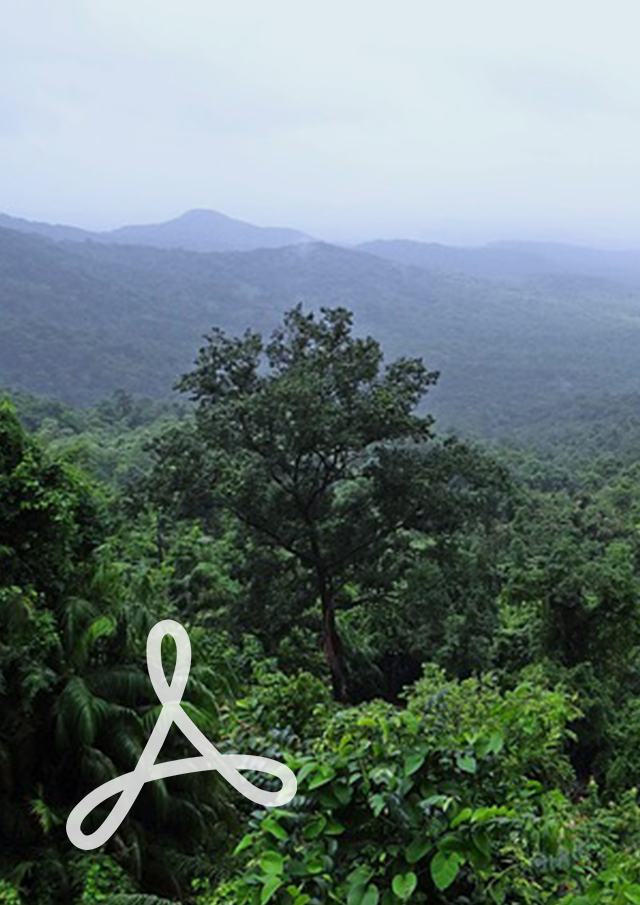
While governments debate the minutiae of curbing emissions at the UN’s annual climate jamboree, people on the frontline of the environmental struggle are getting killed. On 28th November 2014, just days before the 2014 climate conference (COP20) was due to start, an indigenous Shuar leader went missing in the Ecuadorian Amazon.
José Isidro Tendetza Antún’s body was found a few days ago, bound and buried in an unmarked grave. Far away from the corridors of power, this is the harsh reality of the battle to save the environment.
Like many other indigenous leaders in the Amazon, Tendetza was opposed to large-scale projects that threatened the forests his community depend on. He had planned to travel this week to the Lima COP20 to denounce the Mirador copper and gold mine which, according to the Confederation of Indigenous Nationalities of Ecuador, will devastate around 450,000 acres of forest.
Tendetza had been a prominent critic of the Chinese-owned mine and its impacts on the Shuar, Ecuador’s second-biggest indigenous group.
Global Witness research has shown that these kinds of deaths are far from an isolated phenomenon, and are happening more and more. Earlier this year it published Deadly Environment, a report that compiled global data on the killings of environmental and land defenders. It found that three times as many people were killed in 2012 than 10 years previously.
These deaths occur because activists and ordinary citizens are increasingly finding themselves at the forefront of the battle over the planet’s resources, and national governments are failing to protect them from rising threats of illegal logging, mining, land grabs and large development projects.
The hosts of COP20 are one of the worst offenders. Last month Global Witness released a report, Peru’s Deadly Environment, detailing the failures of the Peruvian government to address these killings in the country, the fourth deadliest to be an environmental defender globally. In Peru, as in many countries, this violence is exacerbated by the fact that indigenous communities lack rights to their land and forests, and so struggle to defend them. Forest communities should be the best placed to combat the illegal logging that plagues Peru, yet they are dying doing so.
Global Witness aims to make the problem better recognized, so that key governments feel compelled to act on their responsibility to protect citizens, and so the need to protect the environment remains high on international and national agendas. By exposing what’s driving violence and intimidation against environmental defenders it hopes to help usher in the kind of reforms needed to prevent further attacks.
The death of José Isidro Tendetza Antún should be a wake-up call to the international community at COP20. The time for action on these killings is now.

